On February 18, 2025, a session of the ongoing case study “The Other in Art and Life” took place at the Rothko Museum for young students from Daugavpils schools. It was organized as part of the Horizon Europe program’s project “The Value of Cultural Literacy in Europe” (CLiViE) to develop students’ cultural awareness, creative self-expression, and critical thinking skills. Students from the Daugavpils Design and Art Secondary School “Saules Skola”, Daugavpils State Gymnasium, Daugavpils Science Secondary School, and Daugavpils Technology Secondary School-Lyceum participated in the session.
In the first part of the session, museum staff introduced students to Mark Rothko’s life and artistic journey. At the end of the introduction, participants were divided into groups and participated in an interactive game. During the game, they reinforced and expanded their knowledge of Rothko’s paintings and his birthplace and learned to work collaboratively, strengthening their teamwork skills. The students practiced describing and analyzing paintings, expressing their emotions, engaging in discussions, interpreting information, and even drawing their own portraits of Mark Rothko.
In the second part of the session, students were given the opportunity to create their own Rothko-style stickers. While completing this task, they recalled Rothko’s works and attempted to convey their emotions and feelings. They engaged in the activity with great enthusiasm, and by the end of the session, some were eager to share their work, while others described their emotions on sticky notes. Reflecting on the session, students acknowledged that they had gained new knowledge and skills and felt comfortable engaging in creative tasks and group work.
To assess the effectiveness of art-based education and determine its benefits and economic impact, the Horizon Europe project “The Value of Cultural Literacy in Europe” includes the implementation of four case studies. As part of this initiative, researchers from Daugavpils University collaborate with formal and informal educational institutions and consult with the project’s official partners from European universities and cultural organizations. Collaboration with the cultural industry adds value to the project, while the involvement of children and young people in its activities will enhance their cultural literacy, personal development, and positive engagement in society. Additionally, it will promote tolerance, equality, and inclusion within the Latvian and European cultural space.
Project’s website: https://www.clivieproject.eu
The project has received funding from the European Union’s “Horizon Europe” Research and Innovation programme under the grant agreement No. 101132285.
Further information:
Associate Professor and Lead Researcher at Daugavpils University Alīna Romanovska
alina.romanovska@du.lv
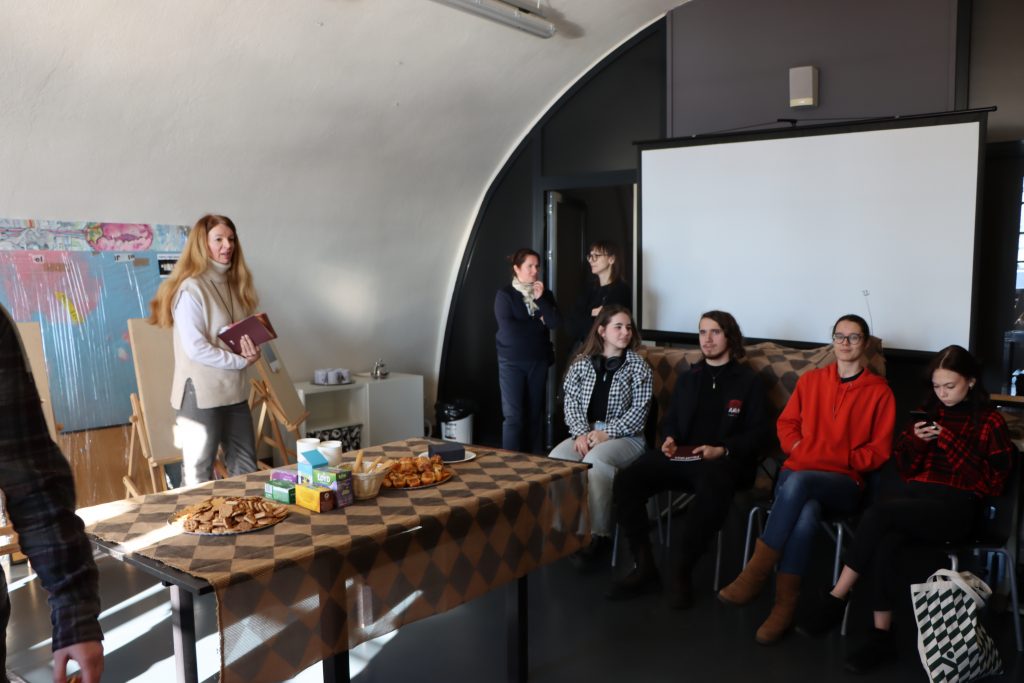
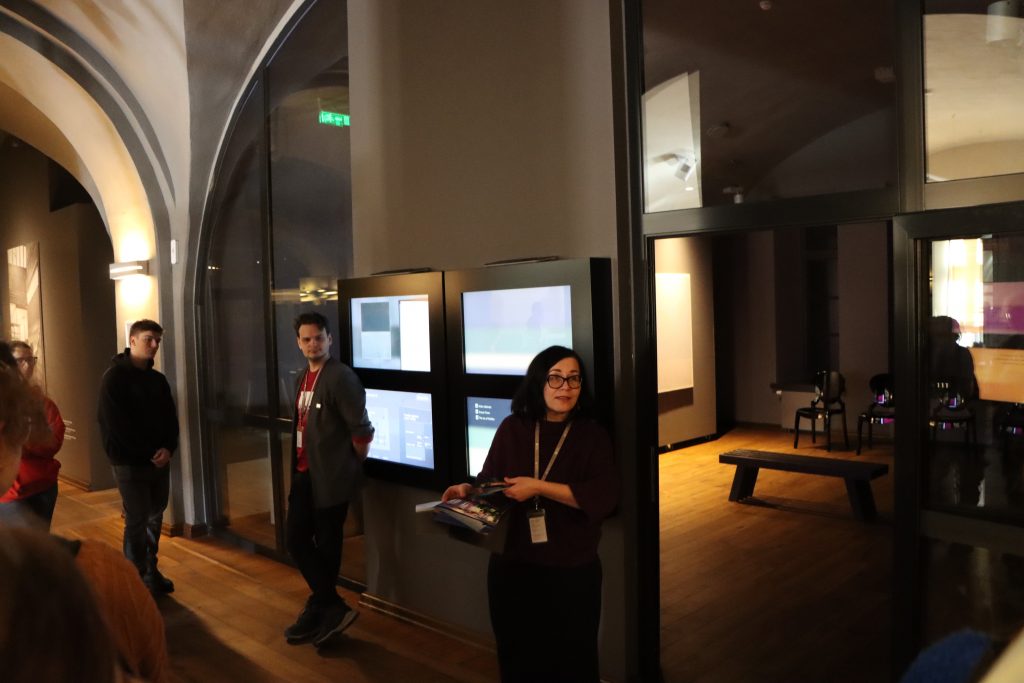
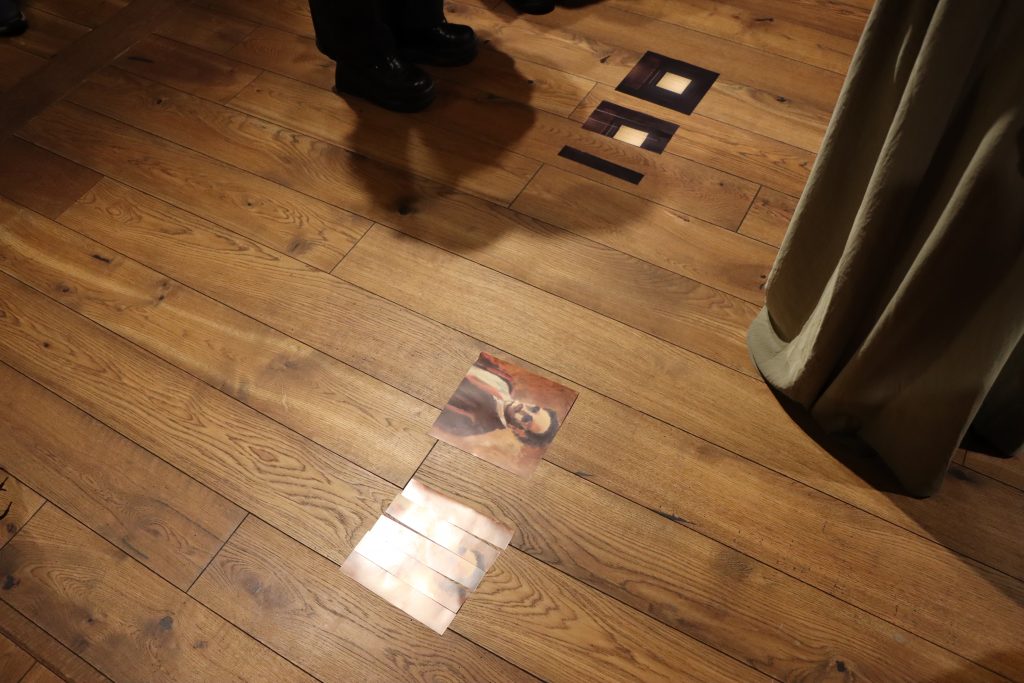
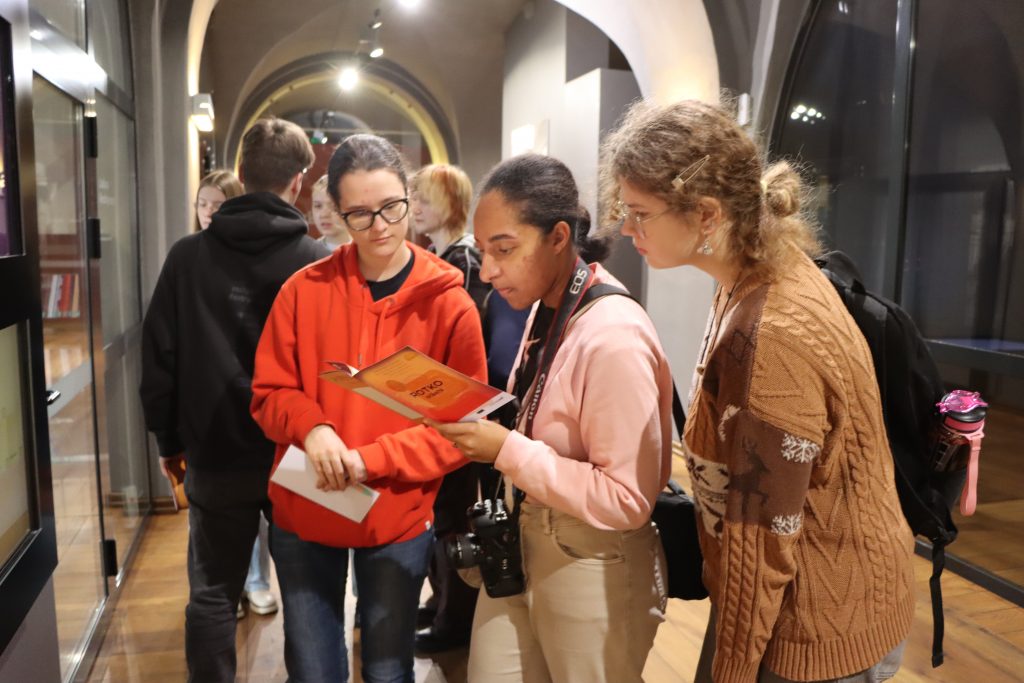
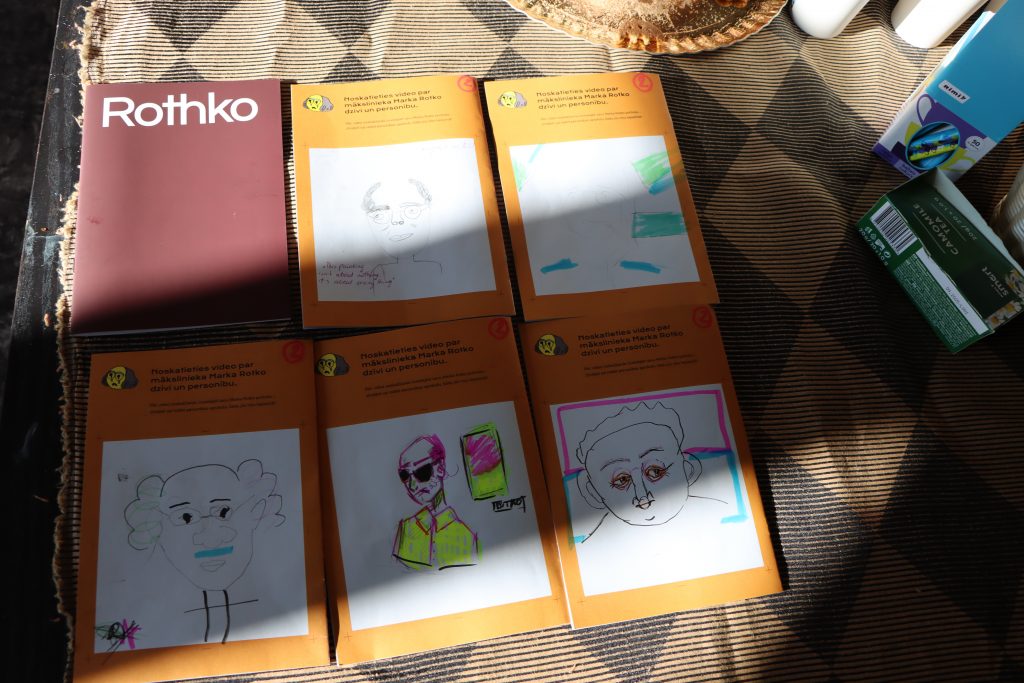
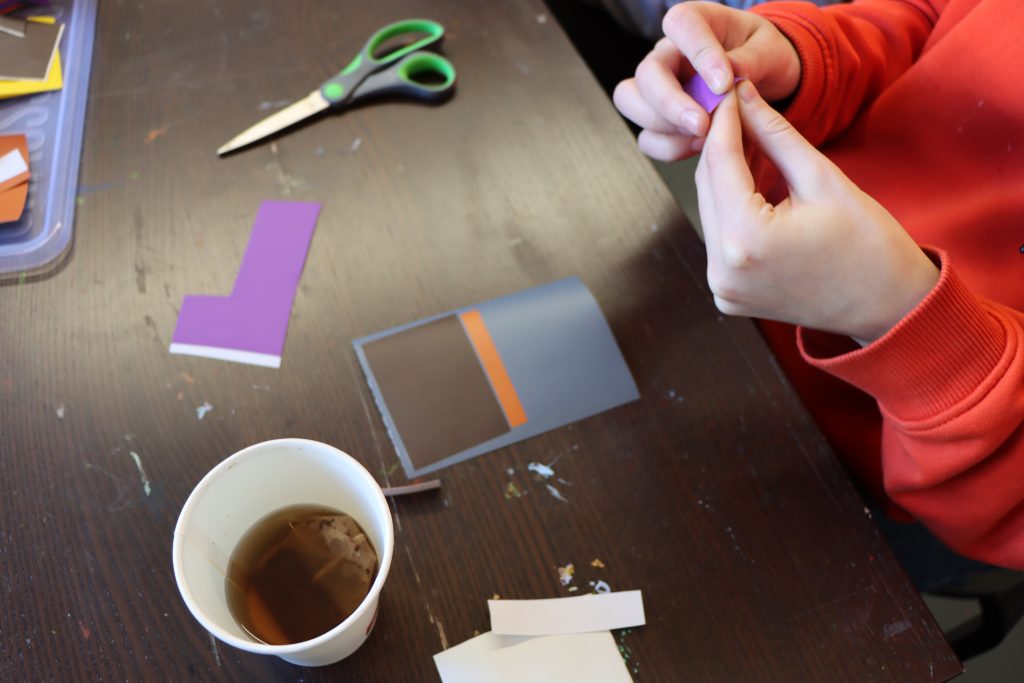
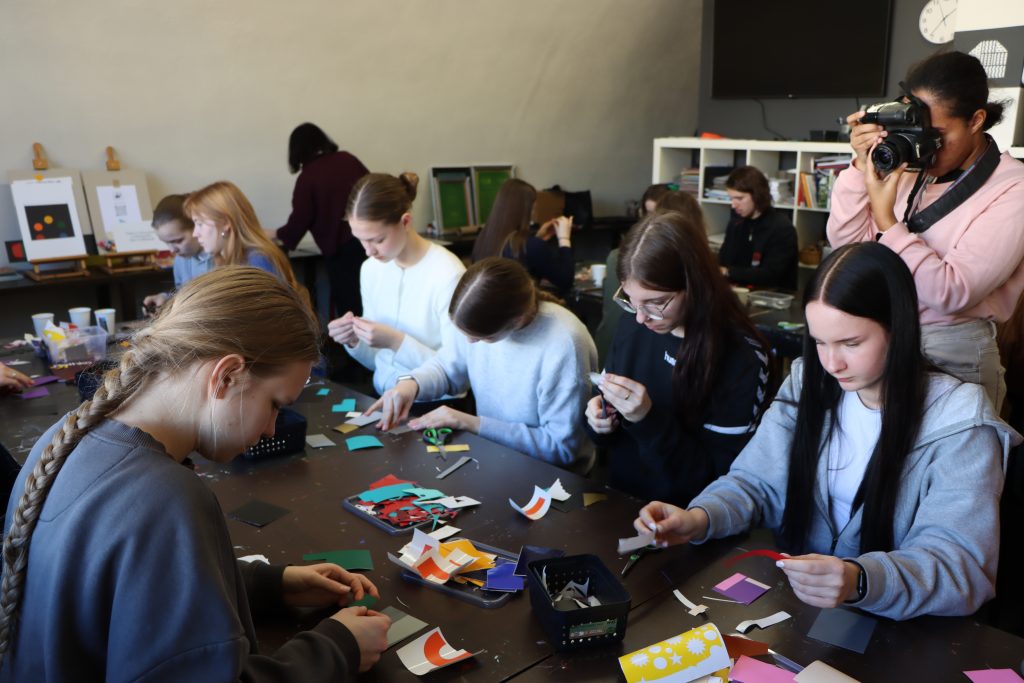
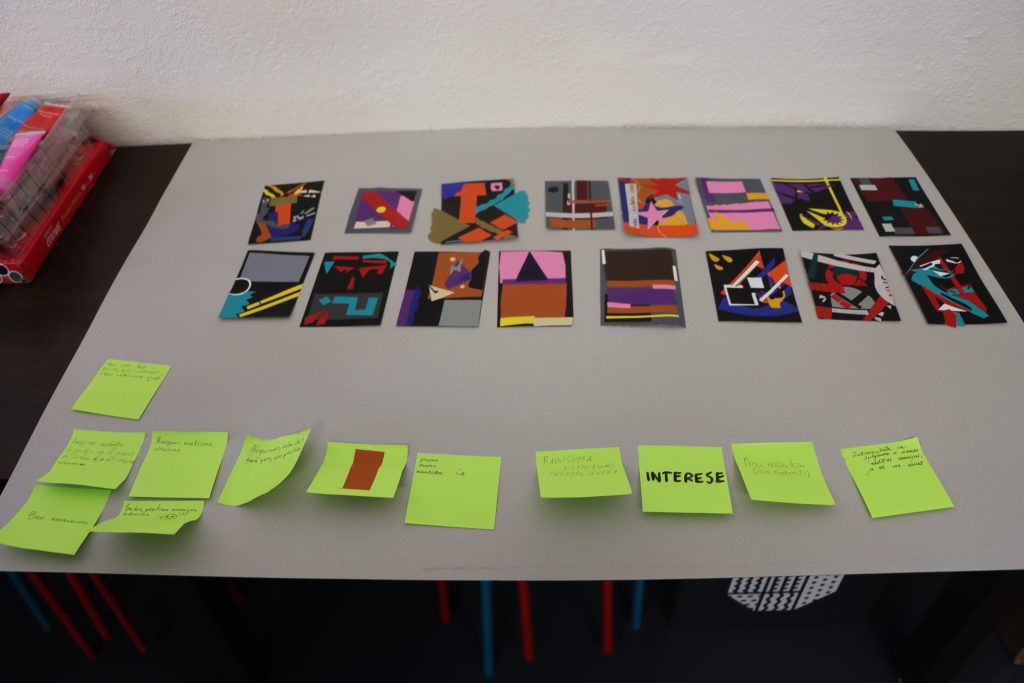
Photo:
Margarita Abarasa
